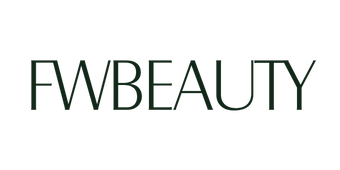Contour Contour Contour
Sculpt contour sticks : Here
With so many choices for contouring products, do we actually know the difference in products and how to use them....and do we need to use them?.
Contouring is a technique for sculpting and adding dimension to your face by using makeup that is slightly darker or lighter than your actual skin color. Unlike everyday foundation and concealer, which we typically want to match our skin exactly, contouring is all about creating the effect of shadow and light.

CREAM V POWDER
Which is better and what is the difference? Creams have a more natural, skin-like finish that steps away from that dated makeup-y look. It's great for everyday wear and is much quicker to work with compared to powders. Powder contours can give you a more chiseled, defined look and a completely matte finish.

The consistency of a cream contour product is also more dewy and skin-like than a powder. You can really create some subtle, natural effects with a cream contour product.
Cream pros:- Very easy to blend into skin as they 'melt' into it - so they're great if you are not very confident. Cream cons:- Not as long-lasting as powder. |
Powder pros:- Gives a matte, velvety finish to the skin for an 'airbrush' effect. Powder cons:- Can be ageing as it settles into fine lines and wrinkles. |
So now that you know if you want to use powder or cream, do you know how to contour?
Darker matt shades helps to take the attention away from the face and then lighter and shimmery shades helps to bring more attention to the face. Generally we would apply highlighter to the highest points of the face which we want to bring out, such as cheek bones. Then the darker shades can be used to hide anything you do not want on show such as double chin and sculpt the face shape slightly. here is a guide on how to contour different face shape to help enhance the features more.

Not all face shapes need to contour such as oval and oblong. as those are the face shape considered most desired. Also one of the most contour mistakes made is shading the forehead.
Most of the time we get contour happy and go to town with it. Well in fact there is a simple forehead contouring guide which is more accurate to follow.

And that is the 4 finger rule. By place your fingers on your forehead from your hair line down to your brows, if within 3-4 fingers then you do not need to contour it to make it look smaller. This is also the time to look at your temples, (the sides of your forehead). if that area is already covered with hair or shaped inwards then you do not need to contour. Remember we only contour to make something look smaller and take the attention away.


Leave a comment